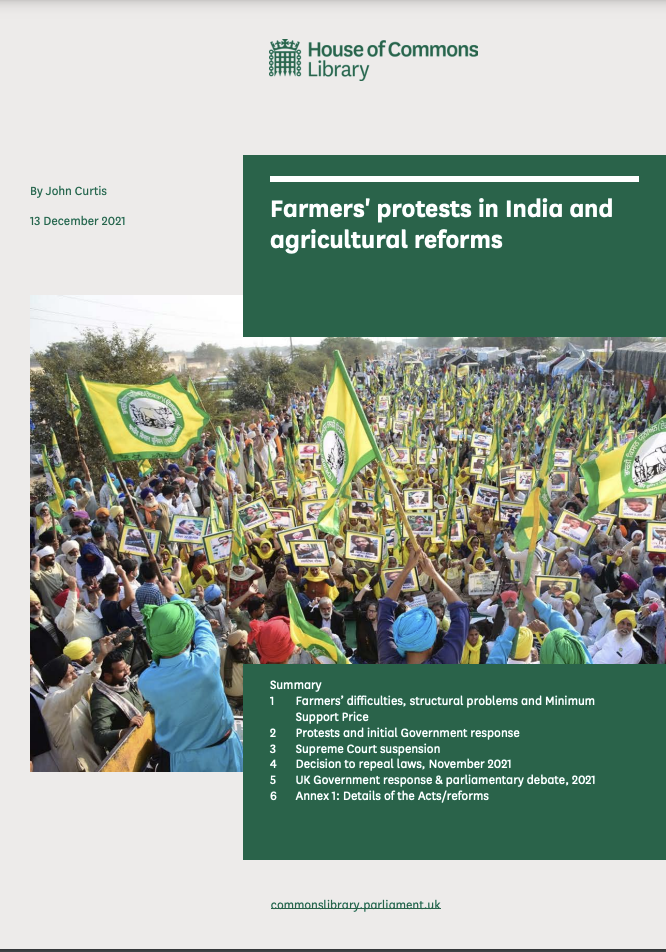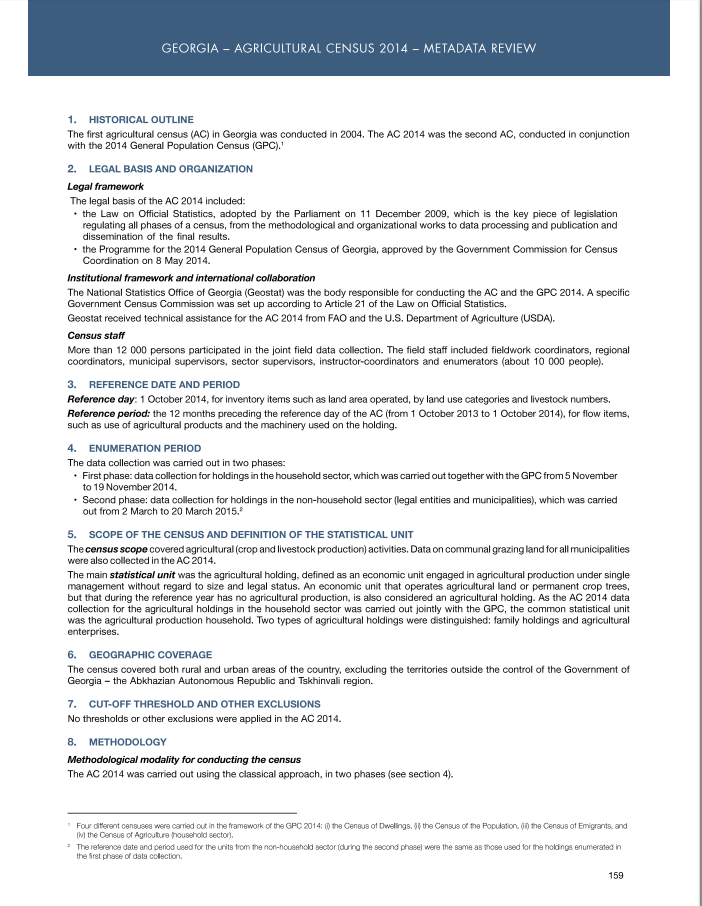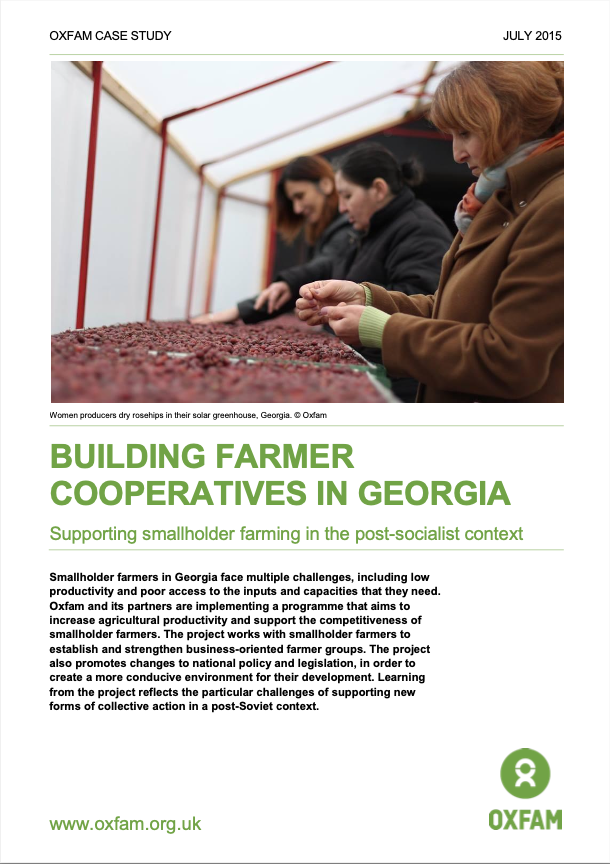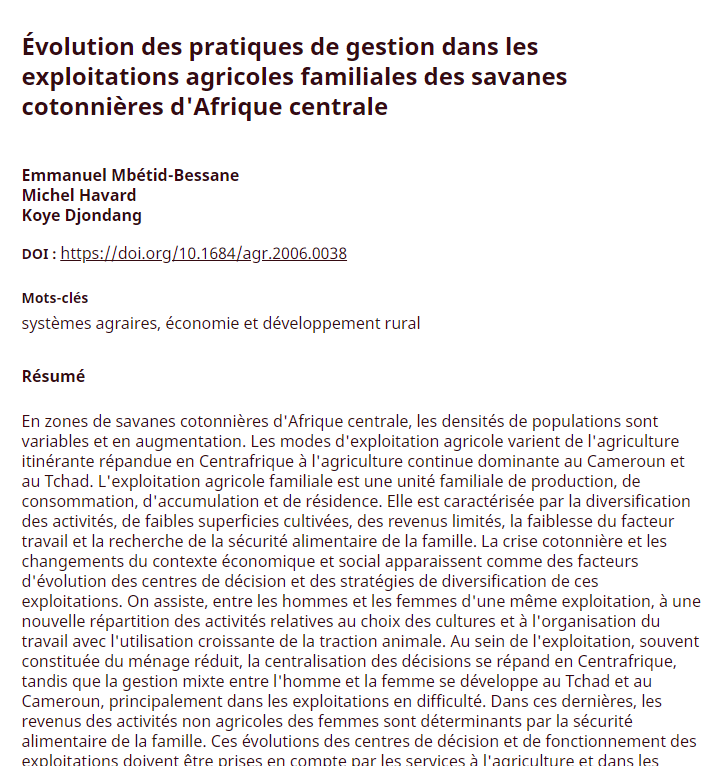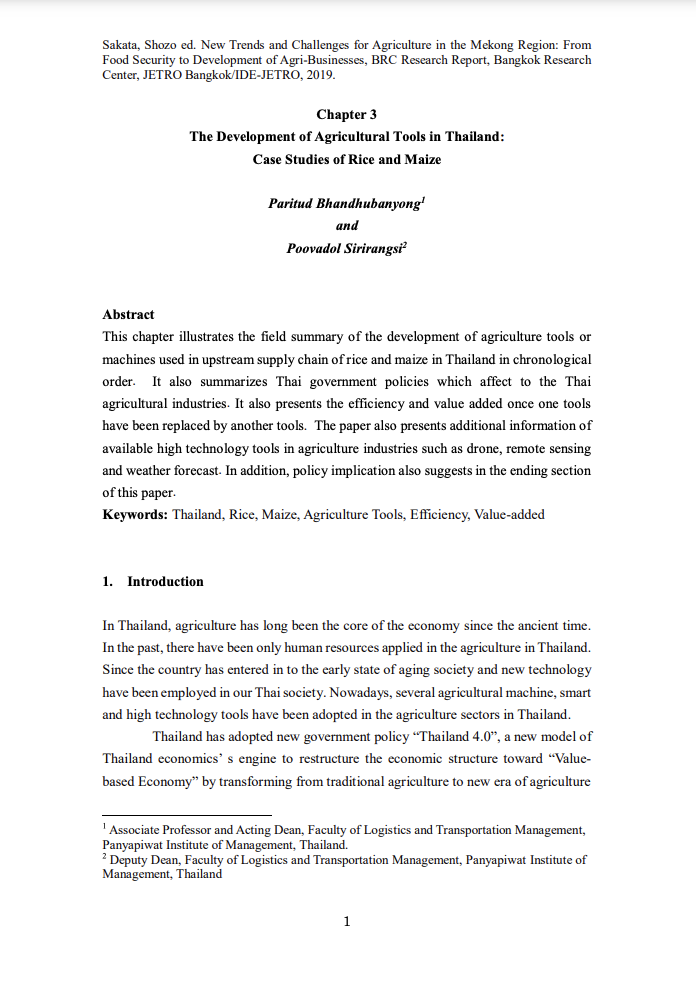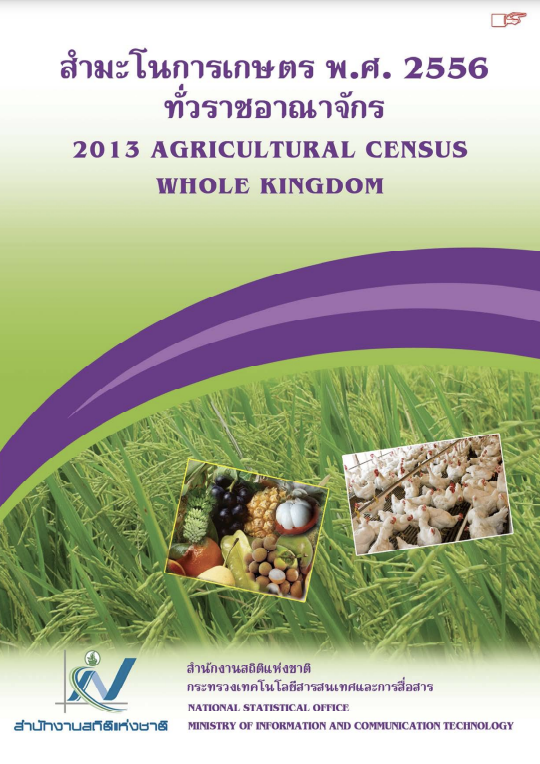Assessing the Productivity of Common Bean in Intercrop with Maize across Agro-Ecological Zones of Smallholder Farms in the Northern Highlands of Tanzania
Common bean (Phaseolus vulgaris L.) is an important grain legume for food and cash of the smallholder farmers worldwide. However, the total potential benefits to be derived from the common bean as a source of food and income, its complementarities with non-legume food crops, and significance to the environment are underexploited. Intensification of common bean could provide approaches that offer new techniques to better manage and monitor globally complex systems of sustainable food production.

